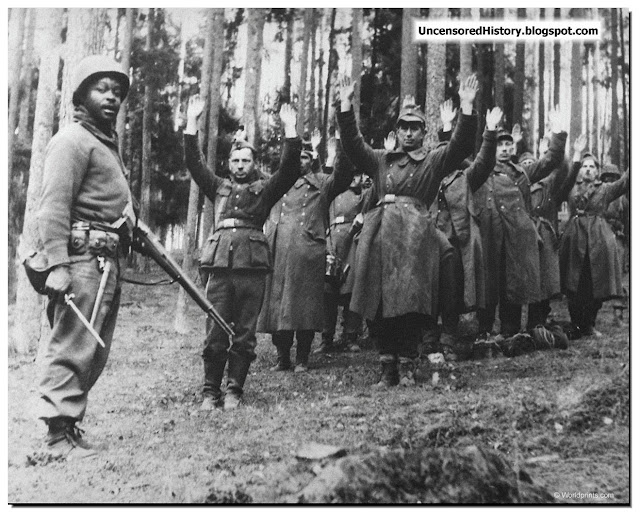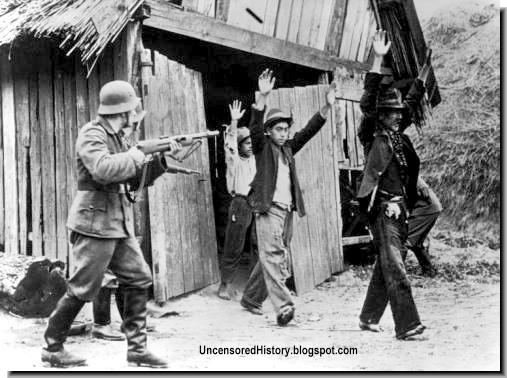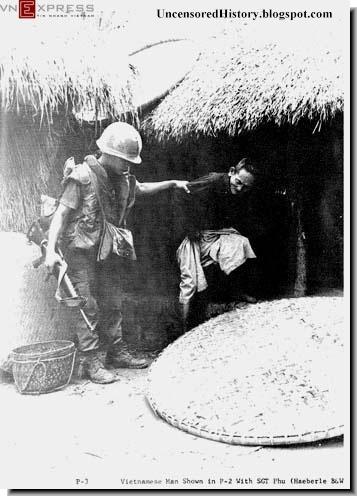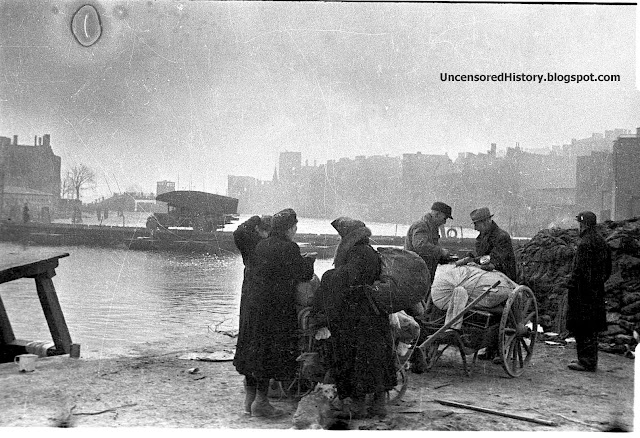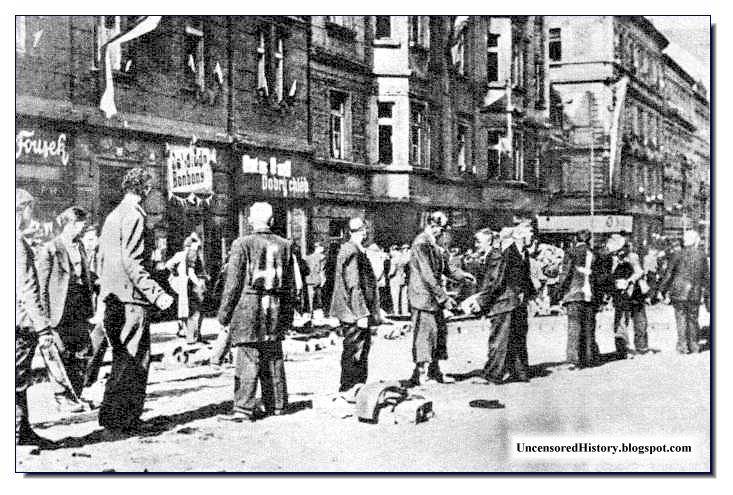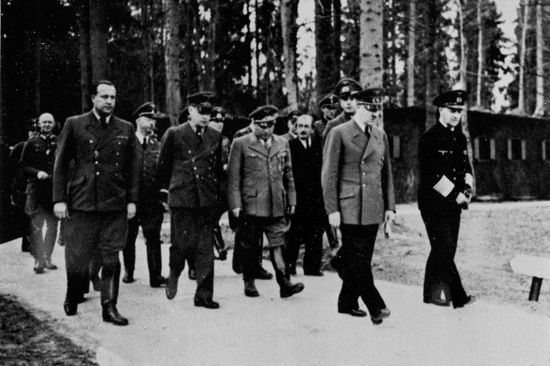It is just that we came across some readable literature on WW2, and thought it fit to share our thoughts with you.
We start with Blood Red Snow: The Memoirs of a German Soldier on the Eastern Front By Gunter K. Koschorrek.
This book is a book of Narrative History.
“This is a very good book and I strongly recommend anyone who has an interest in WWII read this book. ”
"In my opinion it's written very well, and you really end up feeling for their plight. ”
"I have had it for over a year, and even now when I am between books, I find myself reading it again.....it never gets old. ”
------------------------------------------------------------
From http://www.beverleyguardian.co.uk/lifestyle/entertainment/book-review-blood-red-snow-by-gunter-k-koschorrek-1-3670985
While Second World War German machine-gunner Günter K.Koschorrek fought a desperate battle against the Russians on the Eastern Front, he was secretly making a diary of his horrific experiences. And the real-life dramas of the hellhole that was Stalingrad, recorded on scraps of paper and handed over to his mother on his trips home through injury, form the basis of a coruscating warts-and-all memoir.
Koschorrek, who witnessed death and destruction on an almost daily basis, gives a brutal and detailed account of the fighting in Stalingrad and the frozen retreat of the German Army. From his excitement at the first encounter with the enemy in the Russian Steppe to the horror and confusion of street fighting and the techniques used by his unit for dealing with squalor and death, this is a gripping story.
Many books, Koschorrek declares, either glorify war by recounting acts of heroism or produce malicious obituaries that persuade readers to regard soldiers as bloodthirsty murderers. Blood Red Snow is different ... written in its original diary form, the book relates the everyday reality of war on the front lines in Russia from the autumn of 1942 until the bitter end.
After training as a heavy machine gunner, a particularly lethal, rapid-fire weapon mounted on a gun carriage, Koschorrek headed out to the Eastern Front and started making illicit notes, which he hid in the lining of his uniform. Much of the war was spent in filthy foxholes in the Russian soil whether in the boiling hot summer sun, knee-deep in rain-sodden mud or in ground frozen by fierce winter blizzards. Day after day, the German soldiers worried about their survival and killed their enemies in order to avoid being killed themselves. They endured showers of fizzing red-hot bullets, the grisly sight of shredded enemy corpses and the piercing screams of the wounded and dying.
After the war, Koschorrek’s diary went missing and it was not until some forty years later when he was reunited in America with his daughter from his first marriage that it came to light and became Blood Red Snow. Koschorrek, who is retired and still lives in Germany, dedicates his remarkable book to the huge numbers on both sides who did not survive.
Searingly honest and violently graphic, this is war in all its inglorious reality...
------------------------------------------------------
SOME EXCERPTS.....
(Going to Stalingrad By Train)
Page 17-
There are some people at the next station, standing on the rails and on the platforms. In amongst them are some Wehrmacht uniforms .They look like guards. Some of us wave from the wagon, but no one waves back. Our train is moving very slowly and the figures in front are staring at us. There are a lot of women among them. They have headscarves on, while the men all have peaked caps. They must be Poles. They look very downcast. They have shovels and picks for working on the railway line. At some of the main stops we’re given hot coffee and occasionally fresh sausage; we are slowly getting tired of canned meat. We also find time to wash and freshen up a bit.
We don’t know exactly where we are, but last night we’re supposed to have crossed into Russia. In the early hours of the morning we suddenly hear rifle shots coming from the front of the train. The train stops and an alert is sounded.
Partisans are supposed to be around here somewhere; they get quite interested in goods trains. But everything remains calm.
-----
24/25 October. Our train is always being overtaken by other ones loaded with weapons and supplies for the front lines. Someone says that we passed Krementschug railway station last night. This means we are in the middle of the Ukraine, the granary of Russia.
The Gefreiter —Inow know his name: Fritz Marzog—says that we are being taken over the Dnepropetrovsk and Rostow and from there in a north-easterly direction to Stalingrad. He’s right: a day later, during the early hours of the morning, we reach Rostow on the Don estuary by the Sea of Azov.
The train stops in a siding near of the railway station. There is water nearby, so we can freshen up. The weather is nice and warm, but it’s still hazy and we still can’t see the sun .We’re running around without shirts on, as we’re told that we will be here for some time. I am just about to visit some friends in the next wagon when all hell breaks loose.We hear the sound of engines, and, dropping suddenly out of the sky,three Russian fighter aircraft come for us with machine guns rattling.
Even before the command ‘ Aircraft—take cover! ’ rings out most of us are already underneath the wagons. I can see sparks flying off the rails and hear the zing! of the ricochets. Then everything is over . . . but immediately someone yells, ‘They’re coming back!’
----
FIGHTING IN STALINGRAD
Page 42
‘This is the craziest place imaginable. The Russians are often only twenty or thirty metres away, sometimes at hand-grenade range in front of us. No more than 200 metres in front of us there is a deep trench, and this trench leads right down to the banks of the Volga. From there Ivan gets reinforcements every night. For days now we’ve all been waiting impatiently to be relieved, or at least to receive reinforcements, but we’re beginning to doubt whether they’ll ever come.
’This last sentence is only whispered to Winter, but with my sharp ears I still understand what he has said. So they’ve got their doubts. That makes me think. The warm food and the coffee must by now be frozen solid, even though the containers have double skins and are supposed to be insulated. Winter has brought a fair supply of solid methylated spirits along, and a solid-fuel burner to heat up the food. The food is ice cold, but not frozen solid. It’s a good, thick noodle soup with lots of canned beef—much better than what we get in the bunkers
These men have more than earned these decent rations.Winter is pressing for us to start getting back. An hour has passed since we left our bunker. The Wachtmeister needs more ammunition,which we’ve got on the trucks. He details five men to go with us. On the way there the Russians lob more heavy shells into the area. We run after the lead soldier at the double and stop only briefly each time a large shell lands nearby . . .
KNOW MORE AND BUY THE BOOK
OTHER PERSONAL NARRATIVES OF GERMAN SOLDIERS ON THE WW2 EASTERN FRONT
SOME PERSONAL NARRATIVE HISTORY BOOKS BY RED ARMY SOLDIERS ON THE WW2
























